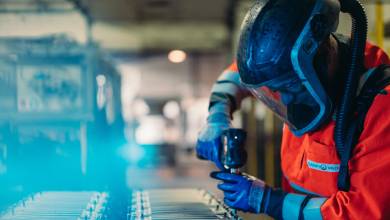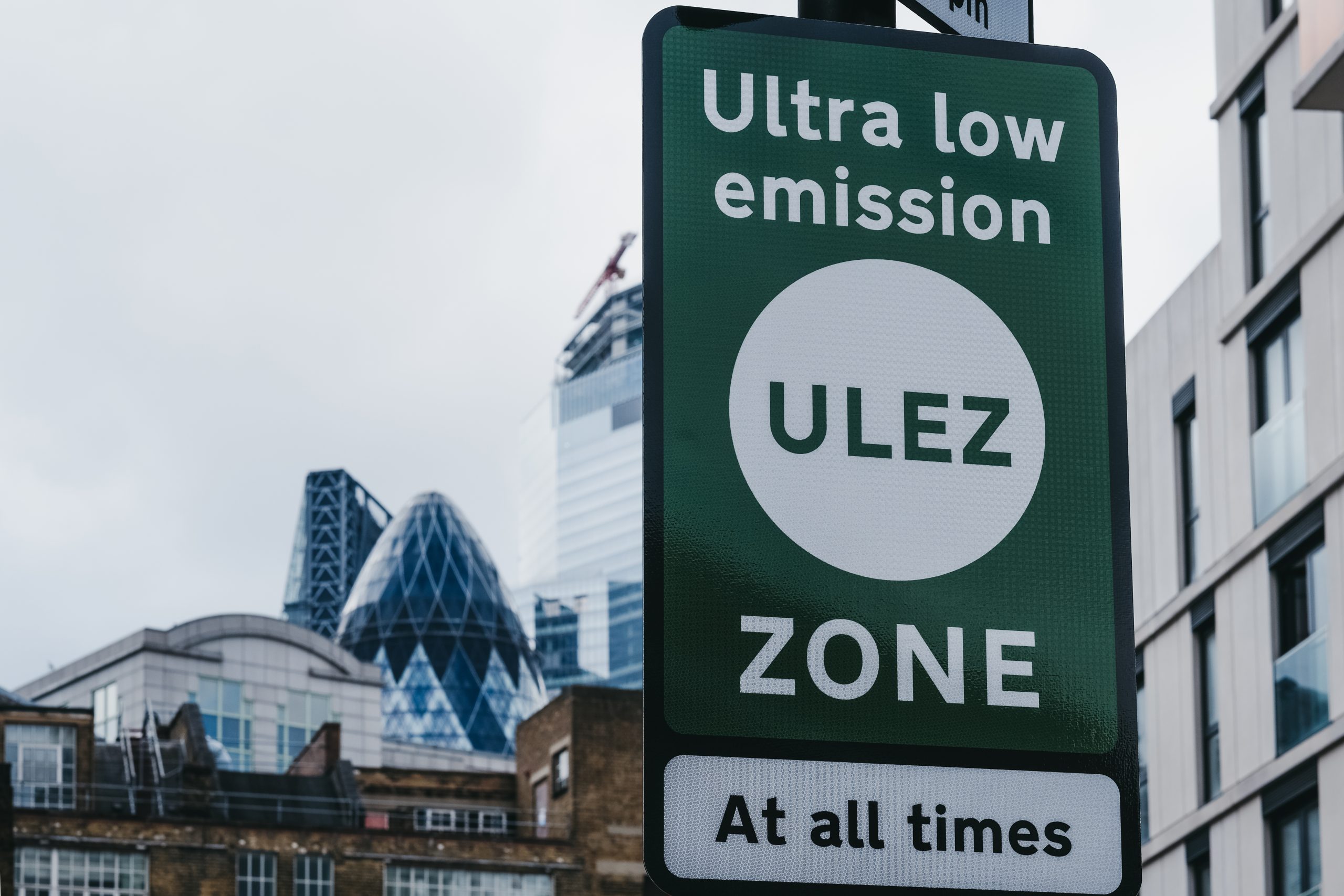As I said, I have no idea how reasonable a concern it is.All completely reasonable, IMO, but it is only ever used (a bit like the arguments about African children mining cobalt) as an anti-EV argument, when in fact, it should be an "anti-heavy vehicle" argument in general. (My wife's diesel SUV weighs within a few kilos of my EV and, of course, cobalt is used by the oil industry in the refining process for ICE fuels).
You say that all the comments listing the various problems with BEVs are propaganda, I think they show why BEVs are not appropriate as a mass market solution but they are being forced on the country exactly as a mass market solution. Hence I think that people are more willing to pay attention to the problems of BEVs.
Regarding SUVs, there are (almost certainly) more of them than are needed, but there are far fewer of them than non-SUVs. However the current plan is that all vehicles will be BEVs and so they will have a much more significant impact.
The cobalt point is, to appropriate your terminology, pro-BEV propaganda. The oil industry uses cobalt as a catalyst, so it is not consumed. Cobalt in BEVs is basically never recovered. Hence the oil industry (that powers the whole world) uses c. 7% of the cobalt mined and BEVs (1% of vehicles maybe) uses c. 45% of the cobalt.
That is rather a specious argument. How many of them are there compared to the number of cars on the road. When everything is a BEV the road impact of delivery vans will be negligible compared to that of cars.nobody is complaining about the massive increase in 2-3 tonne Amazon or Tesco delivery vans!
In reverse order. BEVs will significantly impact energy security. The amount of electricity needed to charge (a large number of) them will put a huge strain on an already struggling electric system.the ubiquitous "Chelsea Tractor"). At least EVs deliver a measurable environmental benefit over the latter! The more pressing problem right now, is climate change (and to a lesser extent, air quality and energy security),
AFAIUI BEVs make air quality worse, as they are heavier they cause more particulates from road wear and probably brakes. The problem gases emitted by ICE vehicles are basically all dealt with by catalytic converters.
What do you mean by climate change? The climate has always changed and always will. Of course the GHGs that are emitted by human activity have some impact, how much is a currently unknown quantity. Don't forget that by a huge margin the most significant GHG is water vapour, and there is precious littler we can do to keep that out of the atmosphere.
If what you mean is catastrophic anthropogenic climate change (CACC) then it is best to say that and be clear. No rational person doubts climate change. The evidence for CACC is much less convincing.
I cannot see any way that we will transition to BEVs at a mass market level. The resources needed to make them are significantly higher than ICE vehicles, hence the much higher prices. And the electric power to charge them is not being built.If you were to tax on weight, you would erode the incentive to make the transition to EVs and (in effect) reward the use of diesel SUVs instead. That's hardly what you'd call a "progressive" taxation policy!
No, of course not. What I clearly said is that your 10:1 ratio was nonsense.So... what you're saying, is that it doesn't matter if we bump them off a bit early because they didn't have long to live anyway?
Someone killed in a RTA is a known named person. A statistical person 'killed' by poor air quality is a numerical construct, not a real person.
Why on earth do you say that? All the evidence that I have seen is that generally less than perfect air quality (which is what we are talking about) only has a measurable impact on those already near death.Aside from that, whilst many of that number might only have "a few months" there will be plenty of others whohad longer - or indeed, who might not have even developed their conditions had they had access to cleaner air, earlier in life.
Not in the slightest.Doesn't that rather undermine your previous argument
No. That is the only case ever, and it was c. a decade ago. Poor air quality has not been on a death certificate since then and there is no likelihood of it happening again. The coroner, quite rightly IMO, got a lot of stick for overreaching in that case. A death certificate is supposed to record what happened in that specific case and 'death by poor air quality' is not something that can be shown on an individual, only statistically on a large population.It's probably truer to say that there's one person as young as she was, to have air pollution on their death certificate, so far..
Again, why on earth do you say that? What 'condition' are you talking about.Because the truth, of course, is that it's a condition that can be both developed and exacerbated at any stage in a person's life.
As I have explained, the number of legitimate cases of 'poor air quality' on a death certificate is zero.Even then, it leaves you with the very tricky dilemma of having to decide that if you think one girl's death is acceptable, what number you pick to draw the line at, beyond which you regard it as a problem?
And nothing is perfect in this world. There are negative consequences for any large scale industrial process. Turning the emotional argument around: it leaves you with the very tricky dilemma of having to decide that if you think one child cobalt miner's death is acceptable, what number you pick to draw the line at, beyond which you regard it as a problem?
Nope, not in the slightest.Your comments about the Tube are classic "whataboutism",
No, it is saying that something else is far, far worse and that we should address that first.It's the argument that something else is bad, so that justifies not doing anything about the original thing that was bad.
Who said anything about giving up on improving street air quality?What's needed, is not to give up on improving street level air quality, but to tackle underground air quality as well. If you have an suggestions there, I'm sure TfL would be grateful?
My point was that Khan is resolutely refusing to do anything to tackle the air quality on the Tube. Hence supporting the point that @Mottie made
BTW, The Imperial College research mentioned earlier, concluded that the existing (inner London) ULEZ had had minimal impact on air quality. So expanding it to outer London is likely to have no more impact.It is nothing to do with polluting. It’s ALL to do with raising money.
No idea what point you are making. That seems in agreement with me that priority s/b given to cleaning up the Tube.And yes, our bodies have evolved with carbon particles for many thousands of years and they STILL can't cope with them! More recently, oxides of nitrogen too - and tyre and brake particulates - none of which, are good for us!




